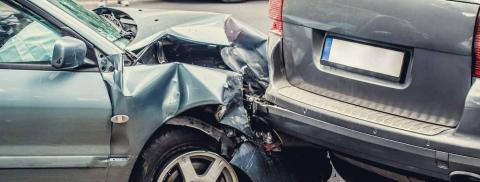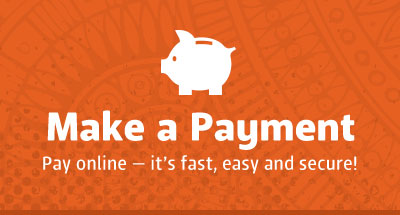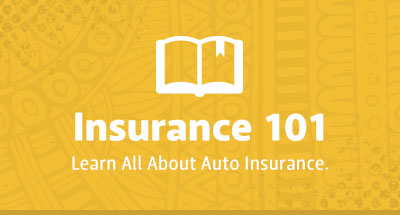What to Do If Your Car Is Totaled

Dealing with the aftermath of a serious auto accident can be stressful. However, knowing the right questions to ask and having a clear understanding of the situation can help you. Here is what you’re likely to face if your car has been totaled in an accident.
When Is Your Car Considered a Total Loss?
A vehicle is considered a total loss when the cost to repair the car exceeds the current market value of the car. Some states have laws in place to define totaled vehicles by specific thresholds. In other cases, your insurance company may decide your damaged car is a total loss if:
- It cannot be repaired safely
- Repairs would cost more than the car is worth
- State laws require the company to call it a total loss due to the amount of damage. This can vary from 50% of the car’s pre-accident value.
This is often called a total loss threshold as mentioned above. Many states use something called the Total Loss Formula: the cost of repairs plus the scrap value of the car must equal or exceed the car’s pre-accident value.
Having comprehensive coverage and collision coverage can help replace a totaled vehicle. These two separate coverages are typically required on your car insurance policy if you’re leasing or financing your vehicle. If your car is paid off, these coverages are optional. But, if your vehicle is totaled and you do not have coverage, you may end up paying out of pocket to buy a replacement vehicle.
What to Do If Your Car Is Totaled in an Accident
If you are involved in an auto accident, there are a few basic steps to follow before and after your vehicle is a total loss.
- Contact your insurance agent to begin the insurance claim process.
- If you have a loan on your car, locate the paperwork that shows who holds the loan, the account number, and the lender’s contact information.
- If you do not have a loan on your vehicle, locate your title.
- Remove all personal items from your car, including license plates.
- Do some research to determine the value of your vehicle.
Communication is key for any insurance claim to run smoothly. Take it one step at a time and work closely with your claims adjuster. Make sure the insurance company has a good contact number for you and don’t miss any phone calls. Your insurance company will make the final decision on whether your vehicle is a total loss based on the total cost of repairs. If your car is deemed to be a total loss, your insurance company will issue payment for the actual cash value (ACV) of the totaled car, minus your deductible coverage.
Remember that your insurance claims department will need to review the damages and assess the best outcome. If you have a lease or loan gap coverage through your dealer or bank, and you still owe money, that coverage can help pay the difference between what you owe and the actual cash value of the vehicle.
What Happens If Your Car Is Declared a Total Loss?
Total loss accidents can require a bit of paperwork. If you agree with your insurer’s decision of your vehicle being a total loss, there are a few things your auto insurance company may require from you:
- If you have a car loan, you will need to sign a power of attorney document which will transfer ownership of the vehicle to the insurance company once the loan is paid off.
- Leave your car keys with the claims adjuster, and send in any additional keys.
- Thoroughly review and fill out all associated paperwork
- Contact the leasing company to provide them with an update.
By following the instructions from your insurance company the process can proceed much faster. Usually after a “Total Loss” designation, the car is taken by your insurance company, who notifies the DMV that the vehicle has been totaled. Depending on the state you live in, the car will be declared “Salvage.” A salvage title indicates that a car has suffered some kind of significant damage in the past. At this point, any buyers who specialize in salvaging vehicles can purchase the car from the company.
If you decide that you want to keep the totaled car; because you want to repair it, or for sentimental reasons, your company may allow this, but you will get less cash. Your payment will be the actual cash value (ACV) minus the value of the car as salvage. Though totaled, a salvage vehicle will still have some value in parts and could potentially be restored. Be aware that some states prevent drivers from keeping total loss vehicles, while others will require you to obtain a certificate that states the car is a salvage.
Getting a New Car After a Total Loss
Once you have the amount that your insurance company intends to pay for the total loss, you can begin to calculate the budget for your next vehicle. You can always ask your insurance company for a timeframe when you will receive the check so you can plan accordingly. After dealing with the claims process you are more than ready to buy or lease a new car, and luckily there are plenty of options!
If you drive often and love the idea of owning your own vehicle, buying a new car outright may be worth it. For the budget-conscious, buying a used car may be a better option.
Leasing a vehicle has become a popular choice, and for good reason. If you don’t drive a lot, but need a car for basic transportation needs, leasing makes more sense. If you also like the idea of getting a new car whenever the lease expires, leasing is definitely for you.
Learn about the pros and cons of leasing and buying a vehicle so you can make the best and most informed decision.
Insurance After a Total Loss
At Access Auto Insurance, we work hard to process your claims efficiently. And we are always trying to streamline the way we work with our customers. Once the claims process is over and you’re ready with that new vehicle, be sure to reach out to an Access Auto Insurance agent at 602-922-3595 to get a quote on your new ride. You’ll find our agents can build you a customized quote that is easy to understand and affordable.






